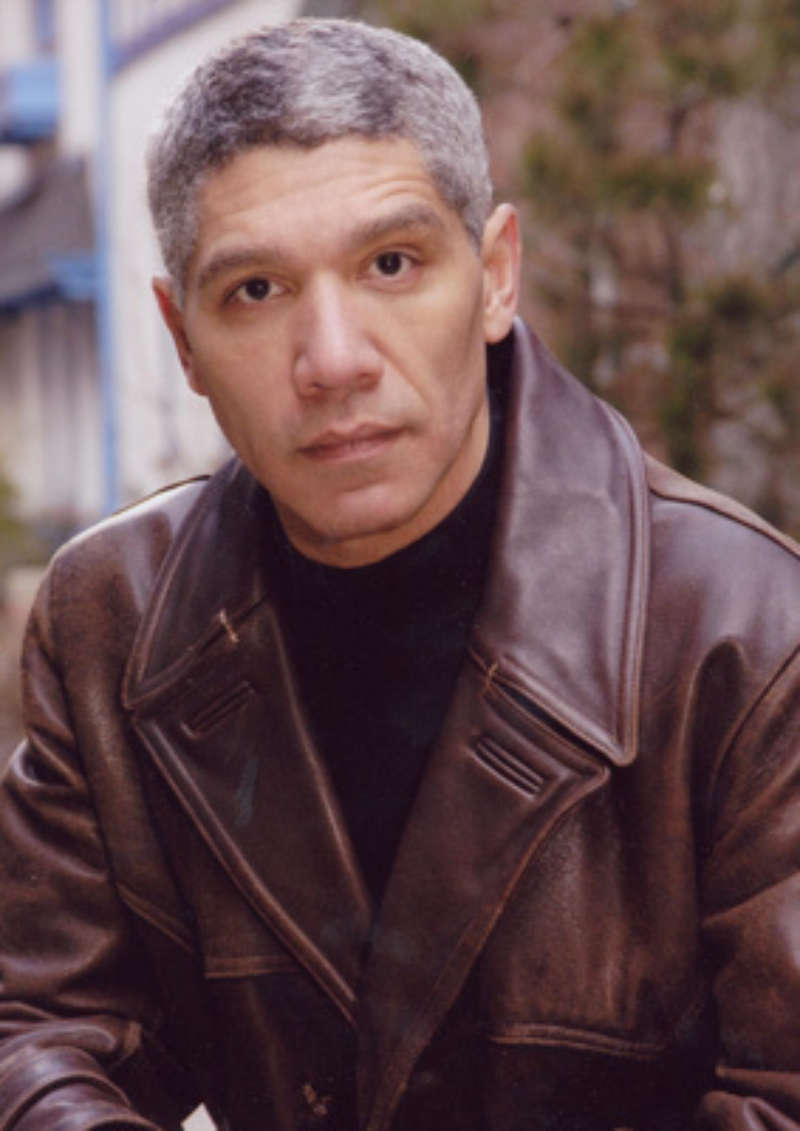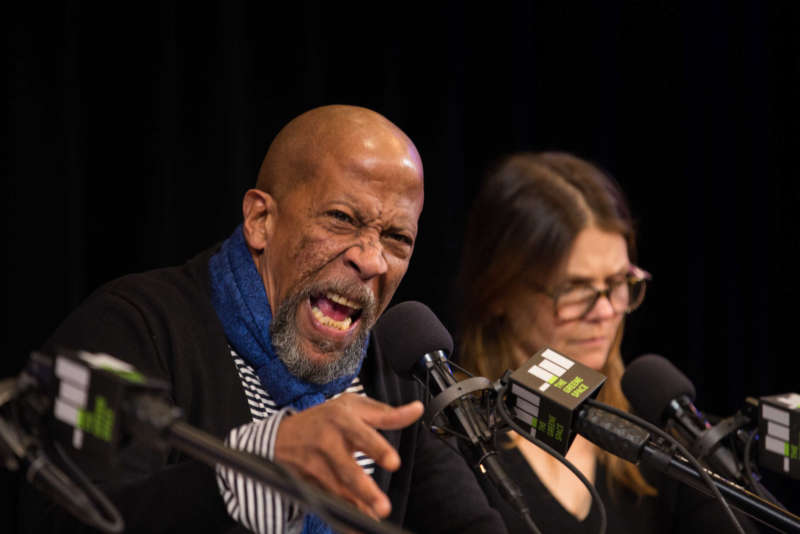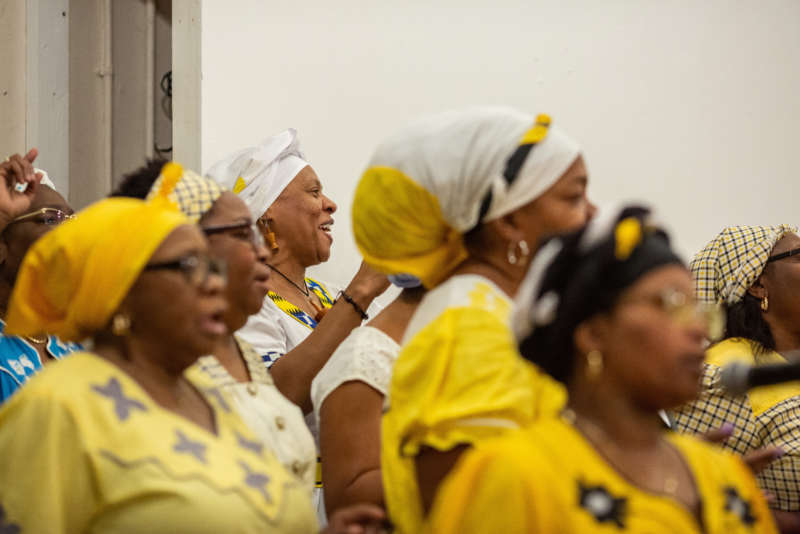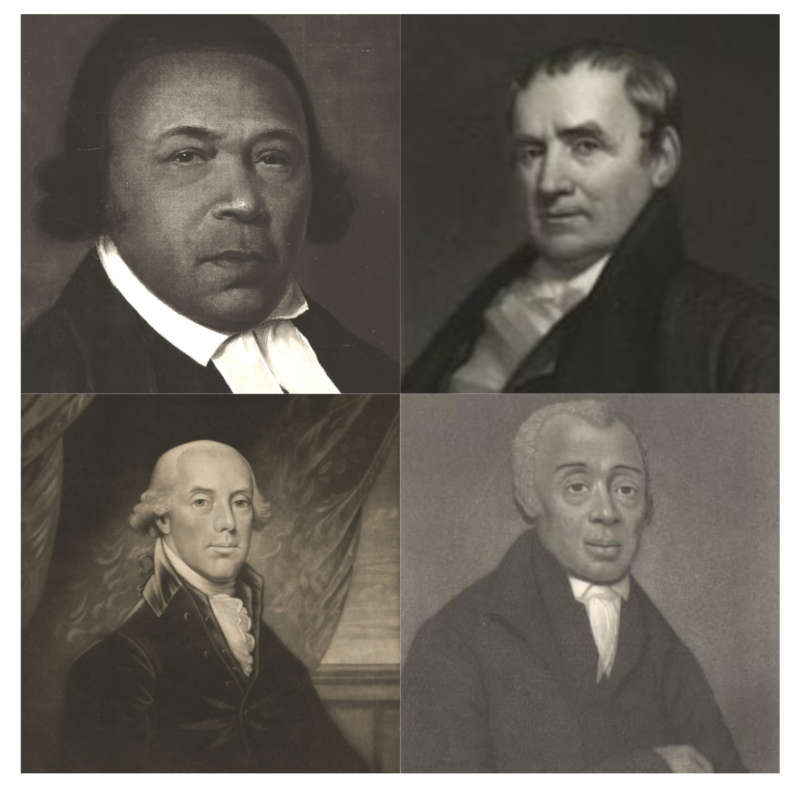Invitation Only
Theater of War: Hector, Andromache, and the Death of Astyanax
Translated, directed, and facilitated Bryan Doerries
This event has ended.
View upcoming events.
Mon, Feb 26.2024
Theater of War: Hector, Andromache, and the Death of Astyanax will present live, dramatic readings of selections from Homer’s Iliad, Book VI and scenes from The Trojan Women by Euripides—featuring acclaimed actors and a Chorus of Columbia students, from a variety of backgrounds, whose lives have been impacted by war—to help frame powerful, healing dialogue about the human cost of war, centered on the suffering of children and civilians.
Featuring performances by Jeffrey Wright (American Fiction), Lois Smith (The French Dispatch), Elizabeth Marvel (The Color Purple), and Glenn Davis (Billions; Artistic Director, Steppenwolf Theatre Company).
Translated, directed, and facilitated by Bryan Doerries
Co-presented by Theater of War Productions and the Columbia College Center for the Core Curriculum.
This event is open to Columbia College, Columbia Engineering, and Columbia General Studies undergraduate students, and invited guests.
About the plays
-
The Trojan Women by Euripides
The selected scenes from Euripides’ Trojan Women take place at the end of the Trojan War, after Hector has been slain and Troy has been destroyed. Andromache and her son Astyanax are led through the ruins of the city on a wagon with Hector’s helmet and amour piled next to them. Andromache is being taken away by Achilles’ son Neoptolemus to live as his concubine and slave. The women of Troy, who have all lost their husbands in battle, mourn Andromache’s fate, as well as their own. Suddenly, a herald arrives and announces that the Greek army has decided to execute Astyanax by throwing him off the Trojan towers to prevent him from one day avenging his father’s death. Andromache says goodbye to her son before he is taken away and executed by Odysseus and she is taken from Troy on Neoptolemus’ ship. In the final scene, Astyanax’ body is brought to his grandmother Hecuba, the Queen of Troy, and the play ends with a funeral procession in which Astyanax is buried on his father’s shield while the remains of Troy are burned to ashes.
-
Iliad, Book VI by Homer
The Trojan warrior Hector is confronted by his wife Andromache, who begs him not to return to the battlefield where she knows he will die. Hector explains the reasons he must leave her and their young son Astyanax to go back to battle and to his inevitable death. As he parts ways with his family, Hector reaches out to embrace his son, but Astyanax recoils in fear at the sight of his father’s helmet, which Hector removes before kissing and holding his son one last time.
Cast Members
-

Lois Smith
-

Elizabeth Marvel
-

Marjolaine Goldsmith
-

Glenn Davis
-

Peter Francis James
Explore Projects
-
 War & Mental HealthTheater of War
War & Mental HealthTheater of WarRooted in discussions about the invisible and visible wounds of war, the company’s hallmark project is designed to increase awareness of psychological health issues, disseminate information on available resources, and foster greater community cohesion.
-
 Refugees & ImmigrationThe Suppliants Project
Refugees & ImmigrationThe Suppliants ProjectThe Suppliants Project tells the timeless story of fifty female refugees seeking asylum at a border from forced marriage and domestic violence. The play not only depicts the struggle of these women to cross into safety, but also the internal struggle within the city that ultimately receives them. Using a 2,500-year-old tragedy by Aeschylus as a catalyst for powerful gatherings and crucial conversations, The Suppliants Project engages diverse audiences in humanizing, constructive dialogue about the challenges and impact of war, migration, and seeking asylum.
-
 RacismA REFUTATION
RacismA REFUTATIONA REFUTATION presents dramatic readings by acclaimed actors of excerpts from two conflicting historic accounts of Philadelphia’s 1793 yellow fever epidemic as a catalyst for guided audience discussions about health inequities in America today, grounded in the perspectives of nurses, caregivers, and first responders.